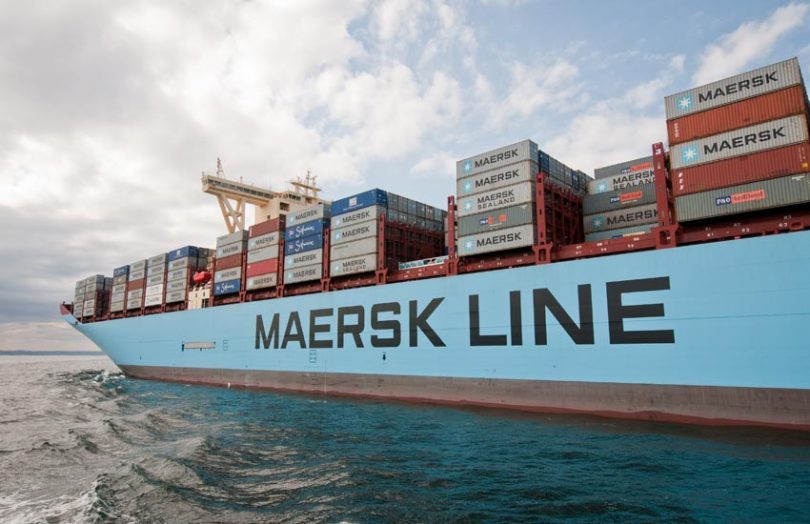Maersk has announced that TradeLens, the joint blockchain initiative for international shipping with IBM is closing. Launched in 2018, many believed that Maersk would not be able to attract other container shipping firms, but MSC and CMA-CGM joined in 2019.
“TradeLens has not reached the level of commercial viability necessary to continue work and meet the financial expectations as an independent business,” said Rotem Hershko Head of Business Platforms at A.P. Moller – Maersk.
“Unfortunately, while we successfully developed a viable platform, the need for full global industry collaboration has not been achieved.”
While TradeLens signed numerous shippers and hundreds of ports, carriers and customs clearance organizations, that doesn’t mean they all used it extensively. For example, last year MSC launched its own electronic bill of lading (eBL) offering, partnering with blockchain startup WaveBL, which appears to have been very successful.
TradeLens was one of the first big supply chain blockchain initiatives. But other early enterprise blockchain initiatives have also shuttered this year. They include another early IBM project, we.trade for trade finance and the B3i blockchain insurance consortium.
When TradeLens started, multiple industries envisioned creating large multi-functional blockchains for an entire industry. Now the belief is the need to develop interoperability between multiple blockchain infrastructures, which are often specialist, such as for bills of lading or trade finance.
There’s no shortage of other blockchain shipping initiatives. For example, in Asia, there’s Hong Kong-based GSBN, Japan’s TradeWaltz, and Thailand’s recently launched National Digital Trade Platform (NDTP).
TradeLens made numerous management changes in the last year. It hired a new CTO just over a year ago and CEO Kim Spalding joined eight months ago from Google. She replaced Mike White, the founding TradeLens leader and Maersk senior executive who retired earlier this year.
To date, the network processed almost 36 million documents and nearly 70 million containers. The network will go offline at the end of Q1 2023.
More to follow.











 All while Pfizer—a company with a $2.3 billion criminal fine for fraudulent marketing, bribery, and kickbacks—was given blanket immunity from liability and billions in taxpayer dollars to produce a vaccine in record time with no long-term safety data.
All while Pfizer—a company with a $2.3 billion criminal fine for fraudulent marketing, bribery, and kickbacks—was given blanket immunity from liability and billions in taxpayer dollars to produce a vaccine in record time with no long-term safety data.
























